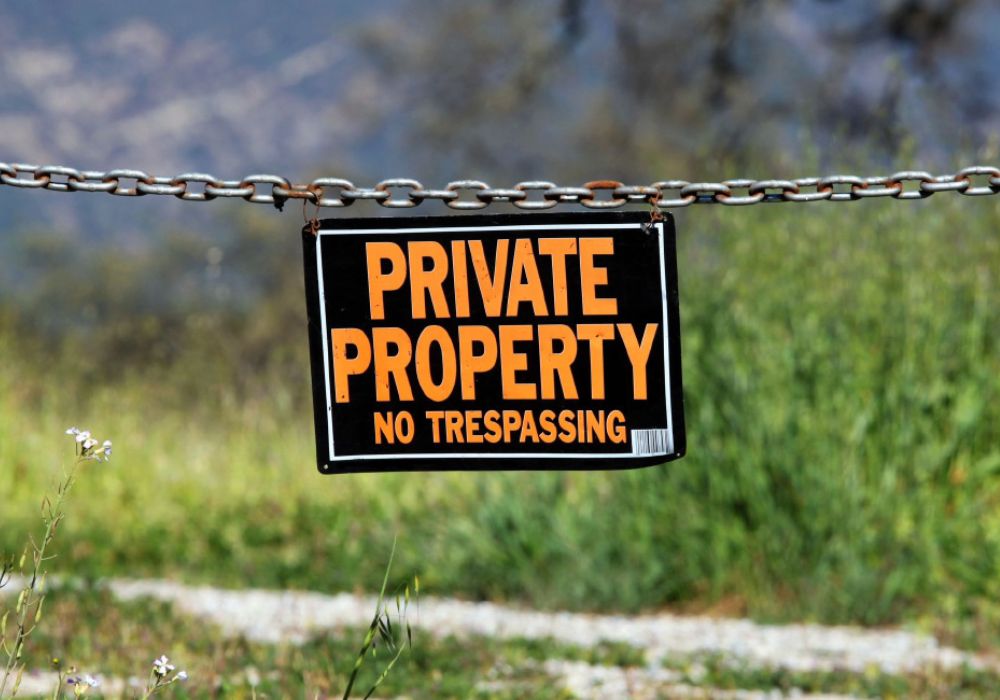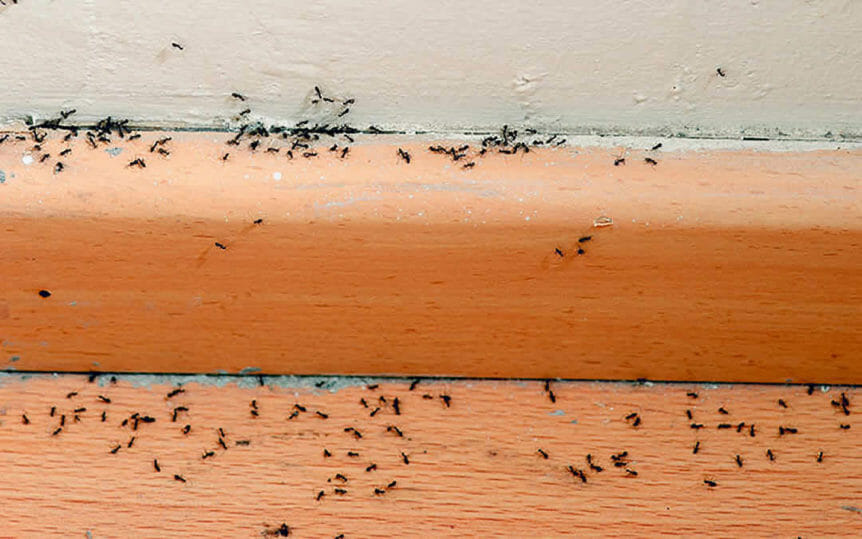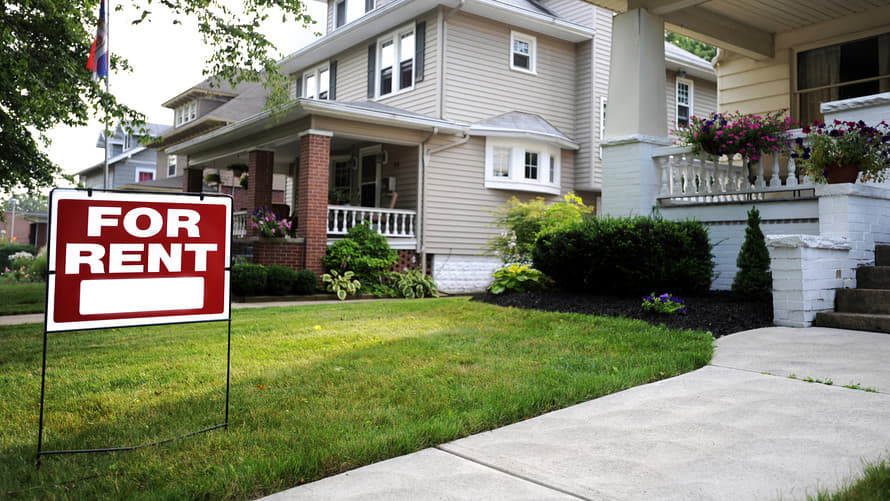Living in an apartment means shared walls, floors, and ceilings with your neighbors. While some level of noise is to be expected, excessive noise that disrupts your quiet enjoyment should not be tolerated.
In this article, we will provide you with a straightforward overview of how to effectively file a noise complaint, ensuring a more peaceful living environment.
What types of noise can warrant a complaint?
Noise after quiet hours is a common reason for noise complaints in apartment buildings. Most leases specify quiet hours between 10pm-8am when noise should be kept to a minimum. Loud music, parties, yelling or sounds of fighting during these late night/early morning hours can disturb others trying to sleep.
Excessive pet noise like barking dogs can also be grounds for a complaint. Other noises like loud TVs, stomping, or loud child noises may disturb neighbors during daylight hours as well depending on the level of volume. It's a good idea to check your specific lease terms for details on what noise levels are deemed excessive.
When should I start documenting the noise?

It's best to start keeping a log or journal of noise incidents right away. Note the date, time, type of noise heard, how long it lasted and any other relevant details. Using a sound meter app can provide objective data on decibel levels. Documenting noise over multiple incidents establishes a pattern that improves the strength of your complaint.
Your neighbors may only be warned on a first complaint, but repeated logs showing unaddressed disturbances can help get the problem solved more effectively. Documenting the issue as it happens is also important in case the noise stops before management addresses it.
Related: How To Record Your Upstairs Neighbor Stomping?
How do I properly file a written noise complaint?
Most apartment communities have a specific process outlined for filing noise complaints in writing. Check your lease first or contact the office directly to find out their guidelines. Typically you will email or submit a paper complaint form noting all details from your documentation including date, time, type and length of noise.
Make sure to include your unit number and contact info. Formatting the details similarly each time and printing records of previous complaints establishes consistency that demonstrates you are properly addressing the issue through approved channels.
What if the noise continues after my first complaint?
If filing one written complaint does not resolve the noise issue, it's time to submit another complaint. Note any continued incidents with the same details of date, time, description of offending noise and how long it persisted. Be sure to reference your initial complaint as well.
Repeated disturbances show a unresolved pattern of unacceptable behavior. Escalating the complaint by scheduling a meeting with the property manager or submitting additional documentation may be needed to spur them to more substantive action if warnings are being ignored.
When should I involve the authorities?
Only involve the police or file a formal noise complaint with your local jurisdiction as a last resort if the noise violates posted quiet hours or local ordinances.
Most property managers will want to handle things internally first. However, if numerous complaints have been filed without resolution over an extended period, or the noise involves threats, fighting or sounds of physical disturbance, it may be time to get law enforcement involved for a safety check.
Be sure to verify your city or county's specific noise ordinance rules as some define noise levels or time periods that require an official complaint.
How should I prepare for a possible meeting?
If requested to attend a meeting about the complaints, come prepared with all previous documentation of noise incidents chronologically organized. Highlight repeated violations of quiet hours or the lease. Track exactly when you reported each instance and the responses received.
Have suggestions ready of what actions you deem appropriate to remedy the issues long term such as scheduled inspections, warnings or fines. Resolve to remain calm and factual throughout so your valid concerns are received respectfully rather than dismissed due to anger or argument.
What other solutions could work?
Beyond complaints, some other options depending on the specific situation include: speaking directly to neighbors if safe; providing management with a list of distracting noises to listen for (flushing, vacuuming etc); requesting a unit change; mediation with all parties present; documenting conversations, solutions attempted and responses for your records in case needed in court.
Keep the lines of communication open while also standing firm about your right as a paying tenant to quietly enjoy your home. With patience and following proper channels, many noise issues can ultimately get handled.
Conclusion
In conclusion, excessive noise that disrupts a tenant's quiet enjoyment is cause for a legitimate complaint that the property management is obligated to address. By properly documenting disturbances and filing complaints through the approved channels while escalating appropriately, a persistent noise problem plaguing your apartment has a good chance of being remedied.
Following the steps outlined ensures your rights as a resident are backed up while also giving the complex a fair opportunity to resolve issues with the offending party.





